The Bo(u)lder Question
is a regular feature of DePauw Magazine, which is published three times a year.
Since the U.S. Supreme Court struck down parts of the Voting Rights Act, many people of color have reported being disenfranchised and many state legislatures have enacted laws that some say discourage or disallow voting.
We asked John Dittmer, professor emeritus of history and author of the Bancroft Prize-winning book, “Local People: The Struggle for Civil Rights in Mississippi”:
How can all Americans, regardless of their color, be assured that their right to vote is inviolable?
Since the beginning of Reconstruction, suppression of the Black vote has been a priority for Southern state legislatures. Mississippi led the way, calling a constitutional convention in 1890 for the express purpose of “eliminating the Negro vote,” and a poll tax and a requirement that the applicant explain a passage of the state constitution to a white registrar’s satisfaction had predictable results. Other Southern states followed suit and, by the turn of the 20th century, few Blacks voted in any Southern state.
The Civil Rights Movement changed that. African Americans organized across the South; in Mississippi, the Student Nonviolent Coordinating Committee prioritized registering Black voters but made little progress until activists in Selma, Alabama, led by Martin Luther King, focused the nation’s attention on a Deep South county where only 4% of the eligible Black electorate was registered to vote. The police-perpetrated violence at the Edmund Pettus Bridge shocked the nation and led to Congress passing the Voting Rights Act of 1965.
At the law’s heart was the “preclearance” provision, which prohibited states with a history of discriminatory voting practices from passing new laws until they could show that the proposed changes would not have a racially discriminatory effect. It was enormously effective. According to U.S. Attorney General Merrick Garland, preclearance “blocked thousands of discriminatory voting changes that would have curtailed the voting rights of millions of citizens in jurisdictions large and small.” The Voting Rights Act had bipartisan support. When it came up for periodic renewal, every Republican president from Ronald Reagan to George W. Bush signed off on it.
All that changed in 2013, when a conservative Supreme Court ruled that the provision no longer applied, arguing that racial discrimination in voting was a thing of the past! Immediately a number of states passed laws restricting the franchise. Among the first was Indiana, where Gov. Mitch Daniels pushed through a bill requiring a state-issued ID to be presented at the polls. Registered students at DePauw who were from other states were ruled ineligible, while out-of-state students at public universities, who had state-issued student IDs, could vote in Indiana.
Although there has been no evidence of significant voter fraud in any state, the results of the 2020 election, when Democrats made significant gains in red states such as Georgia and Arizona, led to more widespread restrictive measures. In all, 18 states have passed 30 laws limiting ballot access, including Georgia, which made it illegal to give water to voters standing in lines, obviously targeting minority districts with few polling places and long lines.
Efforts to deny Blacks the ballot go back to the aftermath of the Civil War, and the current wave of discriminatory legislation threatens the foundation of our democracy. Garland said that “it is time for Congress to act again to protect that fundamental right” to vote. The John Lewis Voting Rights Act of 2021, which restores the preclearance provision to federal law, is a good place to start.
DePauw Magazine
Fall 2021
 First Person by Emily Chen ’18
First Person by Emily Chen ’18  First-year known for follow-through exemplifies DePauw’s outstanding students
First-year known for follow-through exemplifies DePauw’s outstanding students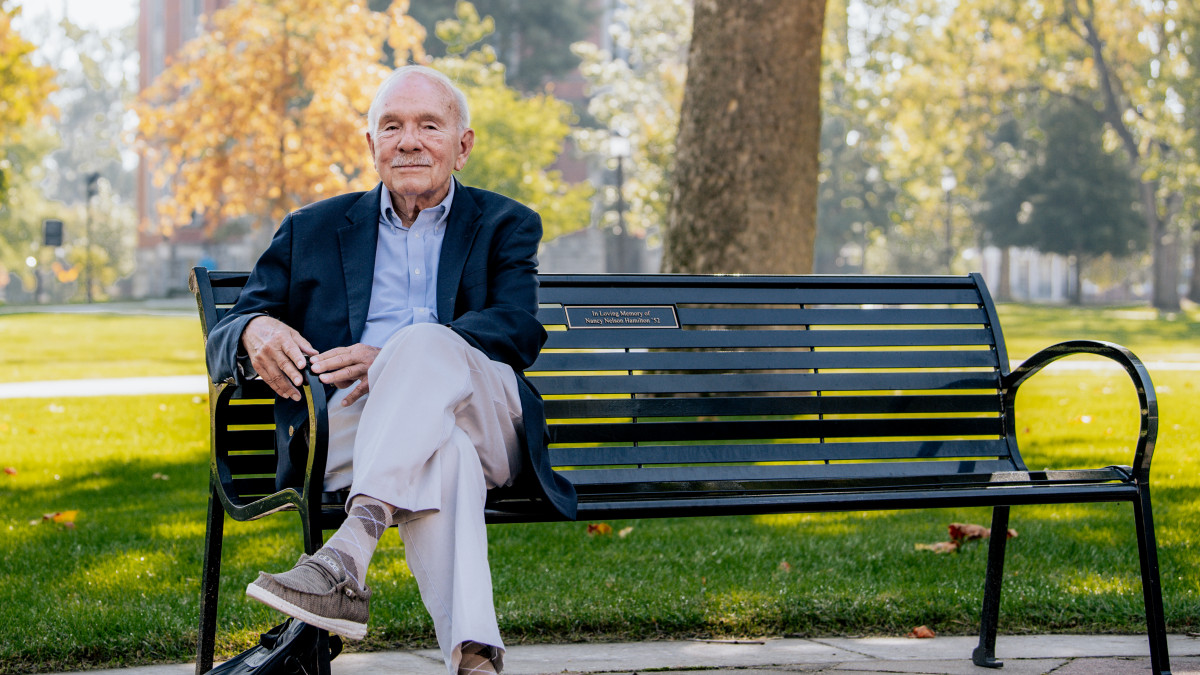 The Bo(u)lder Question by John Dittmer
The Bo(u)lder Question by John Dittmer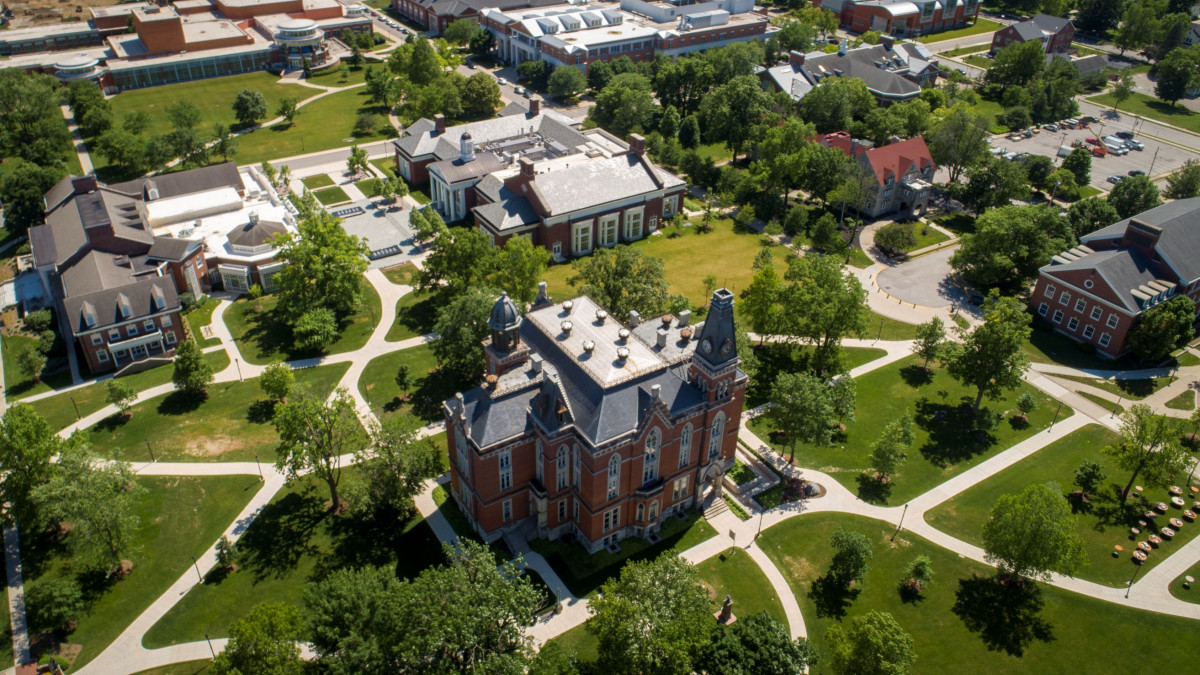 The new VPs: Seeking solutions for admission, alumni
The new VPs: Seeking solutions for admission, alumni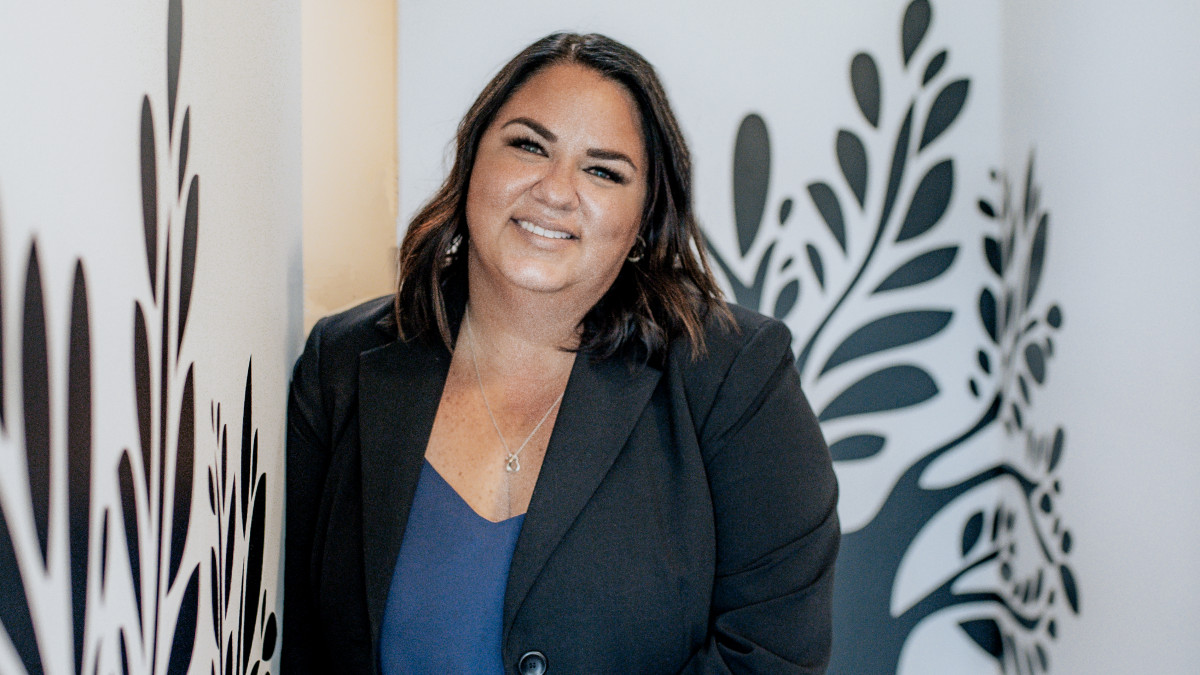 Ashley English ’01: Exhibiting empathy born of experience
Ashley English ’01: Exhibiting empathy born of experience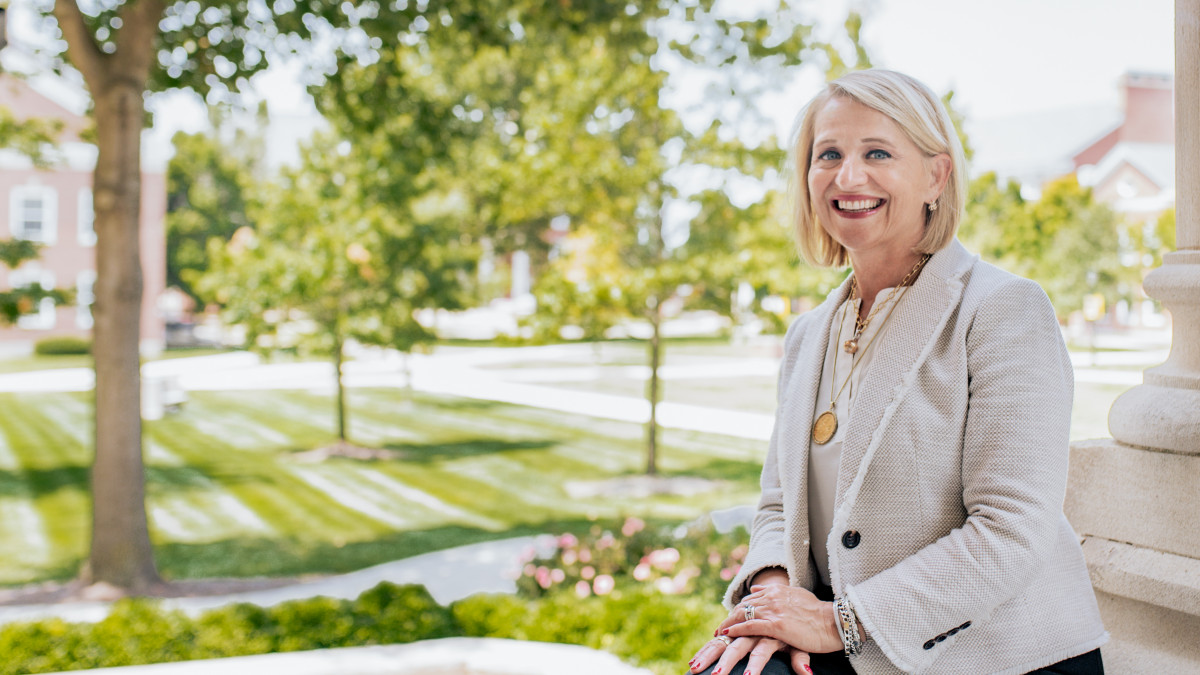 Jennifer Pope Baker ’89: Making noise about quiet problems
Jennifer Pope Baker ’89: Making noise about quiet problems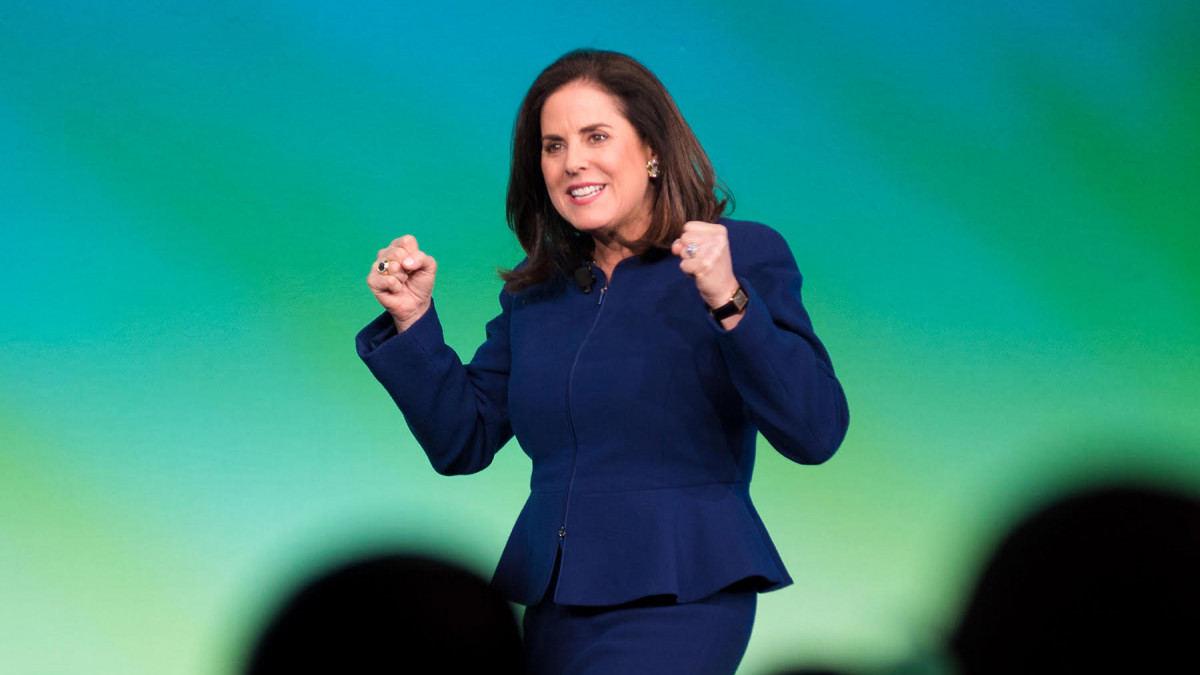 Jan Risi ’81: Transforming a mom-and-pop into a competitor
Jan Risi ’81: Transforming a mom-and-pop into a competitor Randy Dwenger ’80: Finding hope for troubled youths
Randy Dwenger ’80: Finding hope for troubled youths Sally Smerz Grooms Cowal ’66: Healing countries and people around the globe
Sally Smerz Grooms Cowal ’66: Healing countries and people around the globe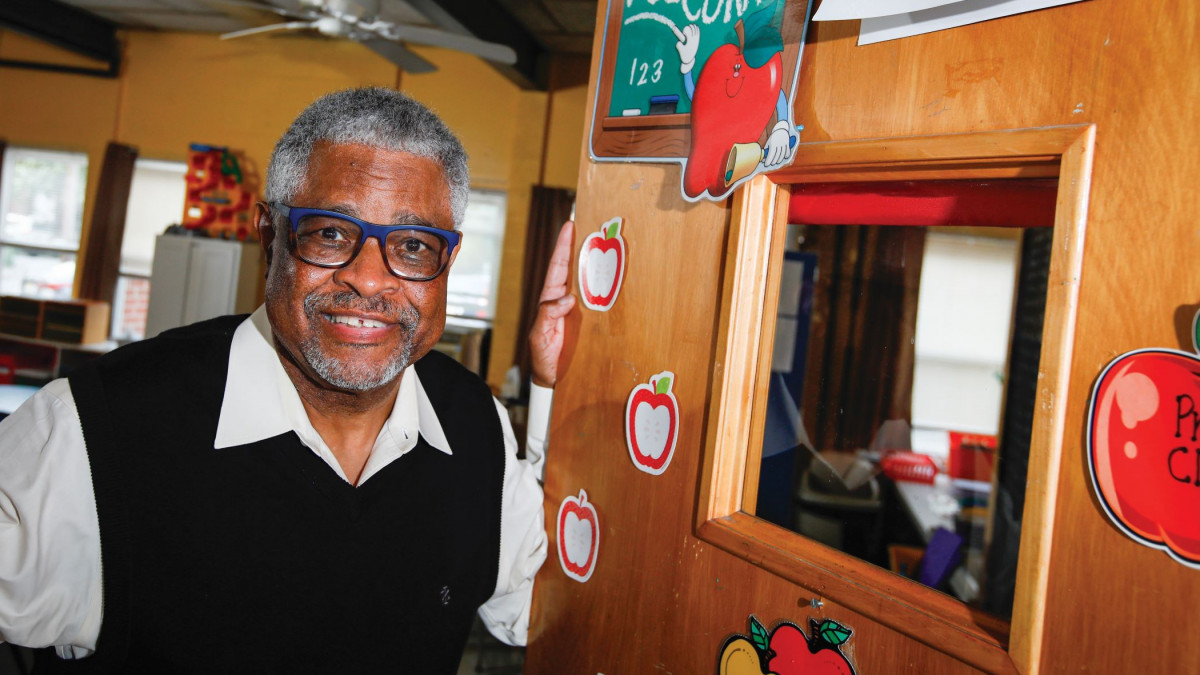 Edward Greene '71: Exploring how children learn
Edward Greene '71: Exploring how children learn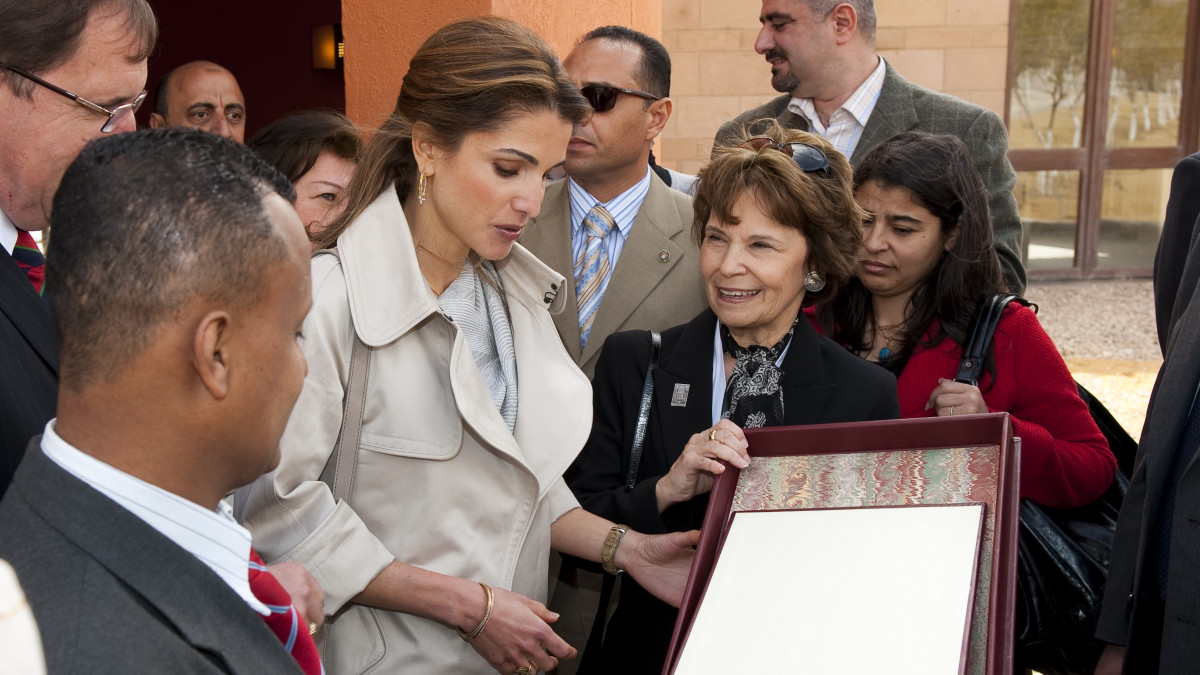 Barbara Lethem Ibrahim '71: Seeking justice in the Mideast
Barbara Lethem Ibrahim '71: Seeking justice in the Mideast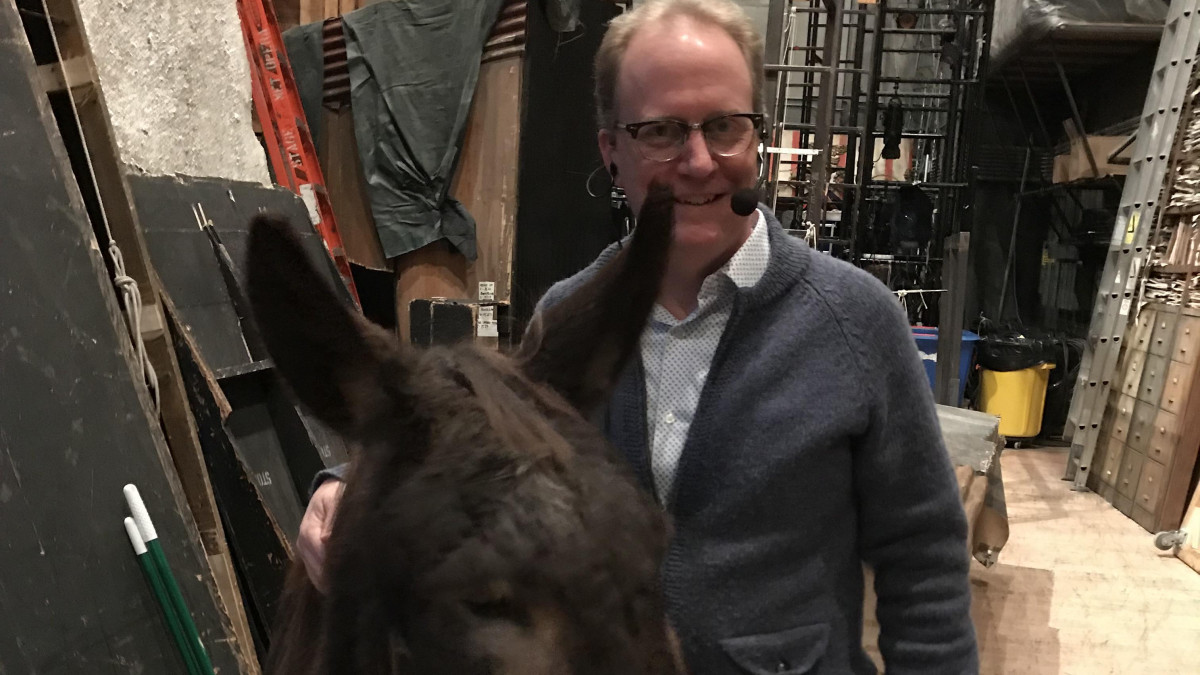 Scott Moon ’83: Staging the stars
Scott Moon ’83: Staging the stars Betsy Hake ’79: Reaching out to outcasts
Betsy Hake ’79: Reaching out to outcasts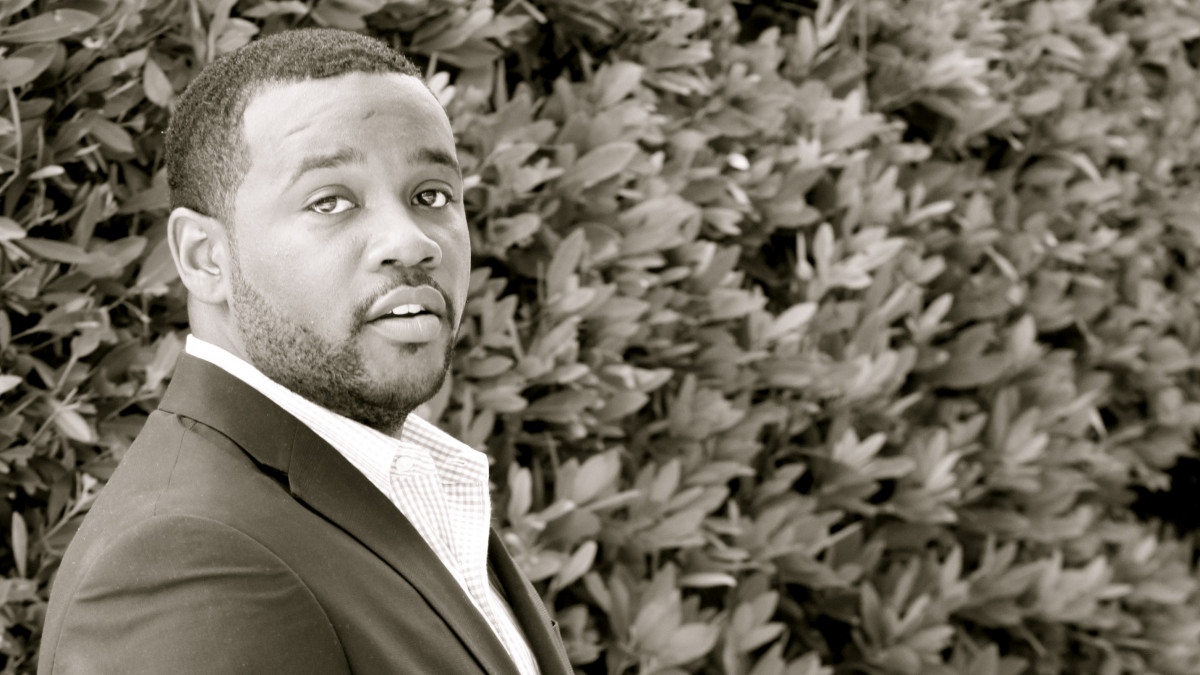 Edward Garnes '99: Serving sweet tea for the troubled mind
Edward Garnes '99: Serving sweet tea for the troubled mind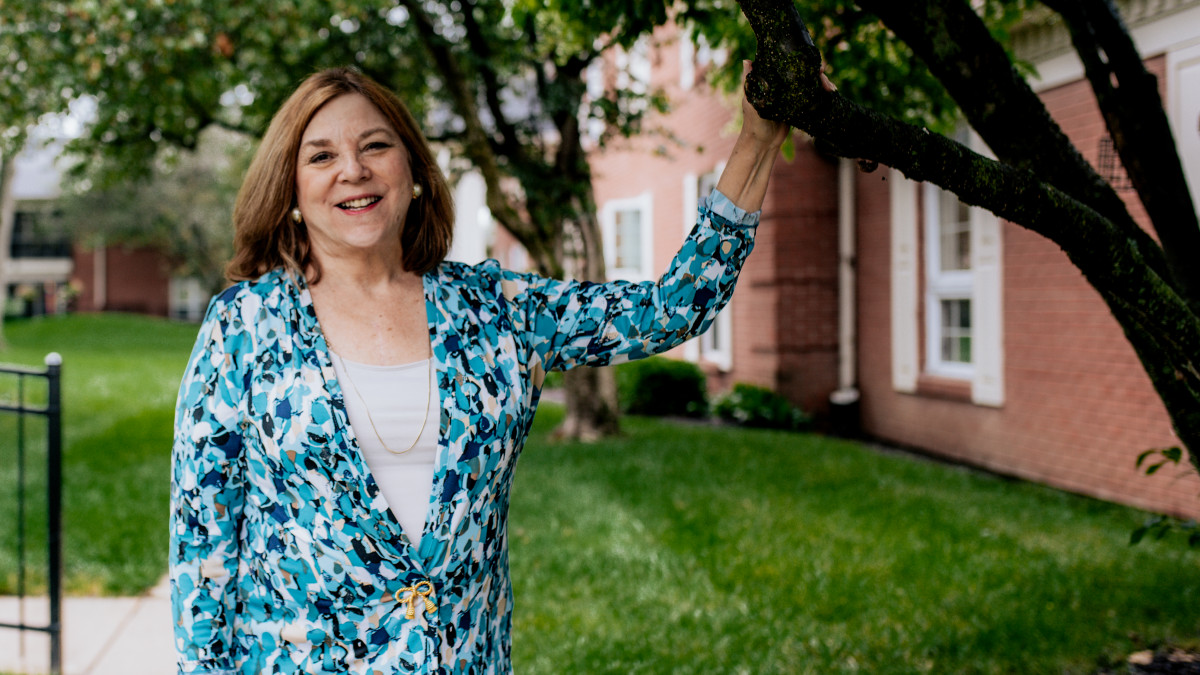 Melissa Martin ’71: Breathing life into small towns
Melissa Martin ’71: Breathing life into small towns The Solution Seekers: Using grit to save one starfish at a time
The Solution Seekers: Using grit to save one starfish at a time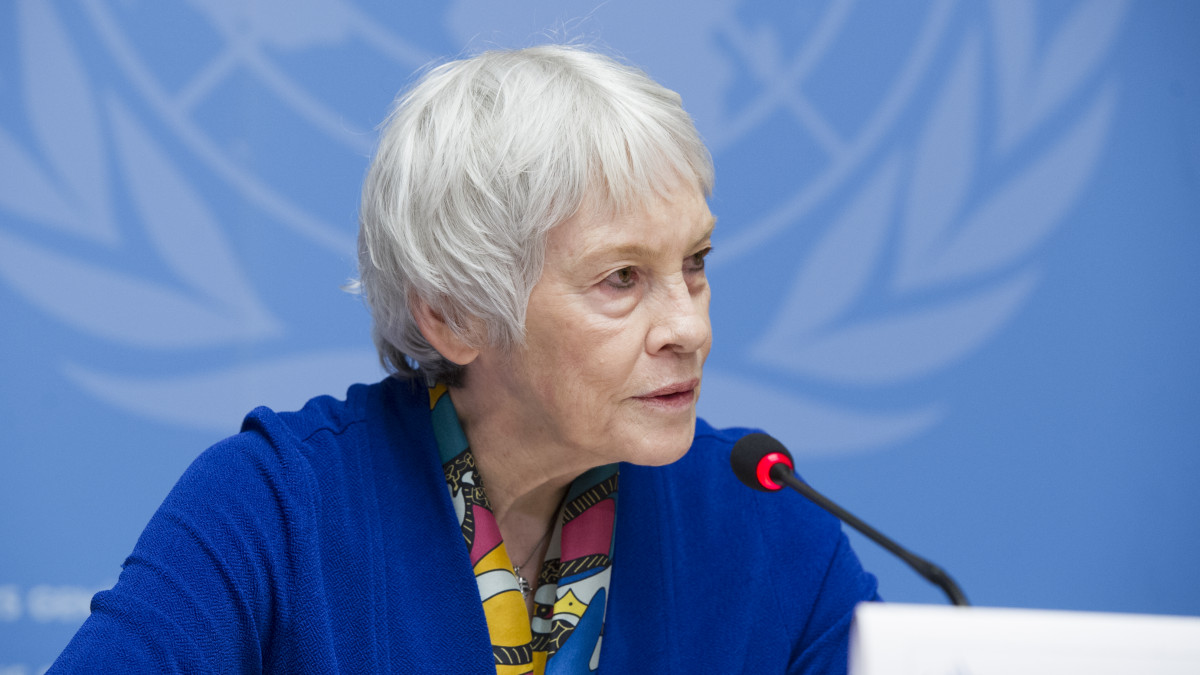 Karen Koning AbuZayd ’63: Rescuing refugees
Karen Koning AbuZayd ’63: Rescuing refugees Nathan Hand ’03: Lending help to worthy causes
Nathan Hand ’03: Lending help to worthy causes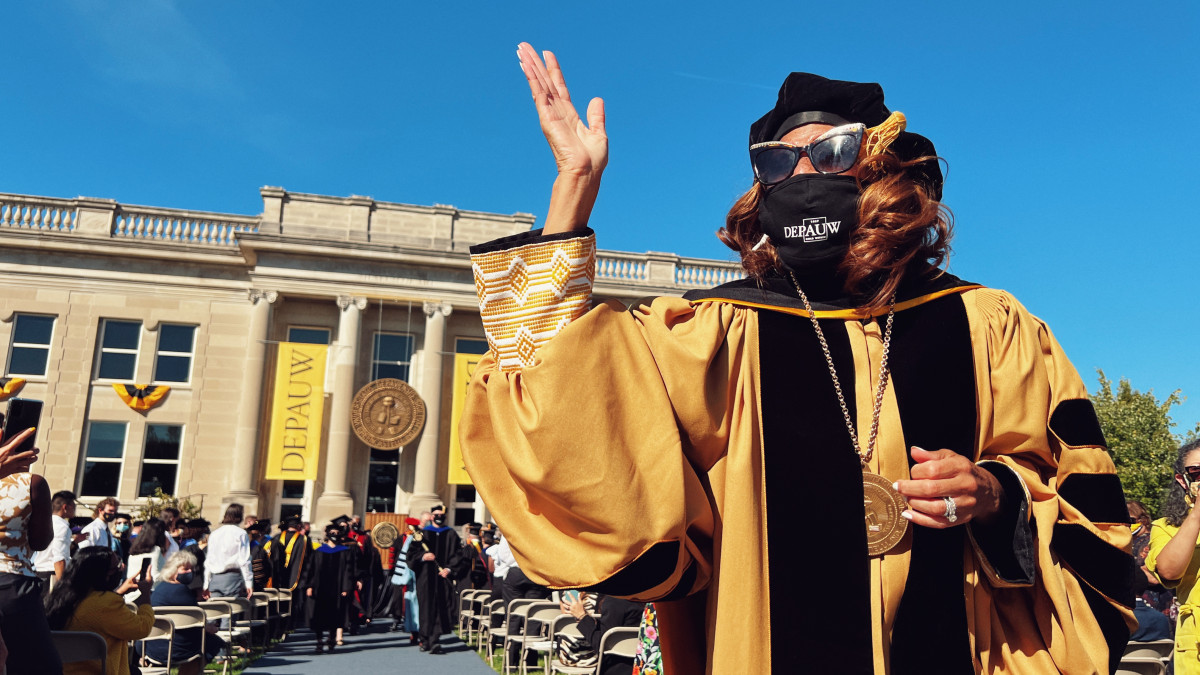 DePauw’s gold shines as White is inaugurated as president
DePauw’s gold shines as White is inaugurated as president DePauw Magazine: The Solution Seekers
DePauw Magazine: The Solution Seekers
DePauw Stories
A GATHERING PLACE FOR STORYTELLING ABOUT DEPAUW UNIVERSITY
Browse other stories
-
Athletics
-
Football - Robby Ballentine Selected Associated Press First Team All-America
-
Men's Basketball - Hot-Shooting Tigers Win Fourth Straight
-
Women's Swimming & Diving - Laba Chosen NCAC Women's Swimming and Dviing Athlete of the Week
More Athletics
-
-
News
-
Student and Professor Share Unexpected Writing Journey
-
Four in a Row! DePauw Wins 131st Monon Bell Classic
-
Jim Rechtin '93 Featured in Fortune Magazine
More News
-
-
People & Profiles
-
Entrepreneurs Eric Fruth ’02 and Matt DeLeon ’02 Are Running More Than a Business
-
Rick Provine Leaves Legacy of Leadership and Creativity
-
History Graduate Cecilia Slane Featured in AHA's Perspectives on History
More People & Profiles
-
-
Have a story idea?
Whether we are writing about the intellectual challenge of our classrooms, a campus life that builds leadership, incredible faculty achievements or the seemingly endless stories of alumni success, we think DePauw has some fun stories to tell.
-
Communications & Marketing
101 E. Seminary St.
Greencastle, IN, 46135-0037
communicate@depauw.eduNews and Media
-
News media: For help with a story, contact:
Bob Weaver, Senior Director of Communications.
bobweaver@depauw.edu.